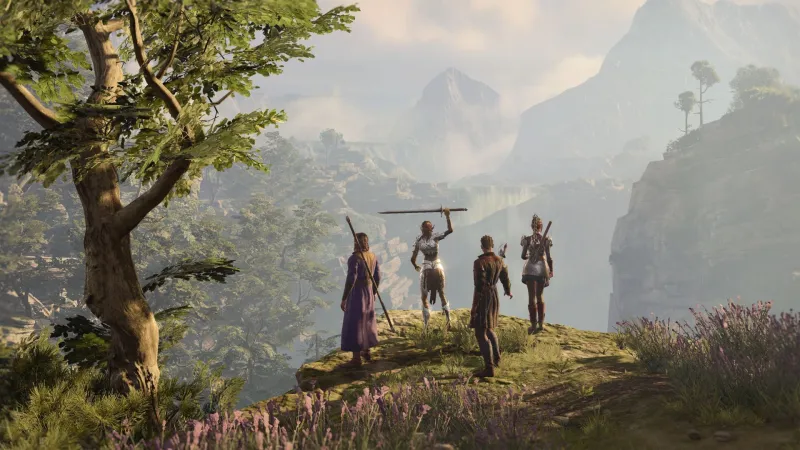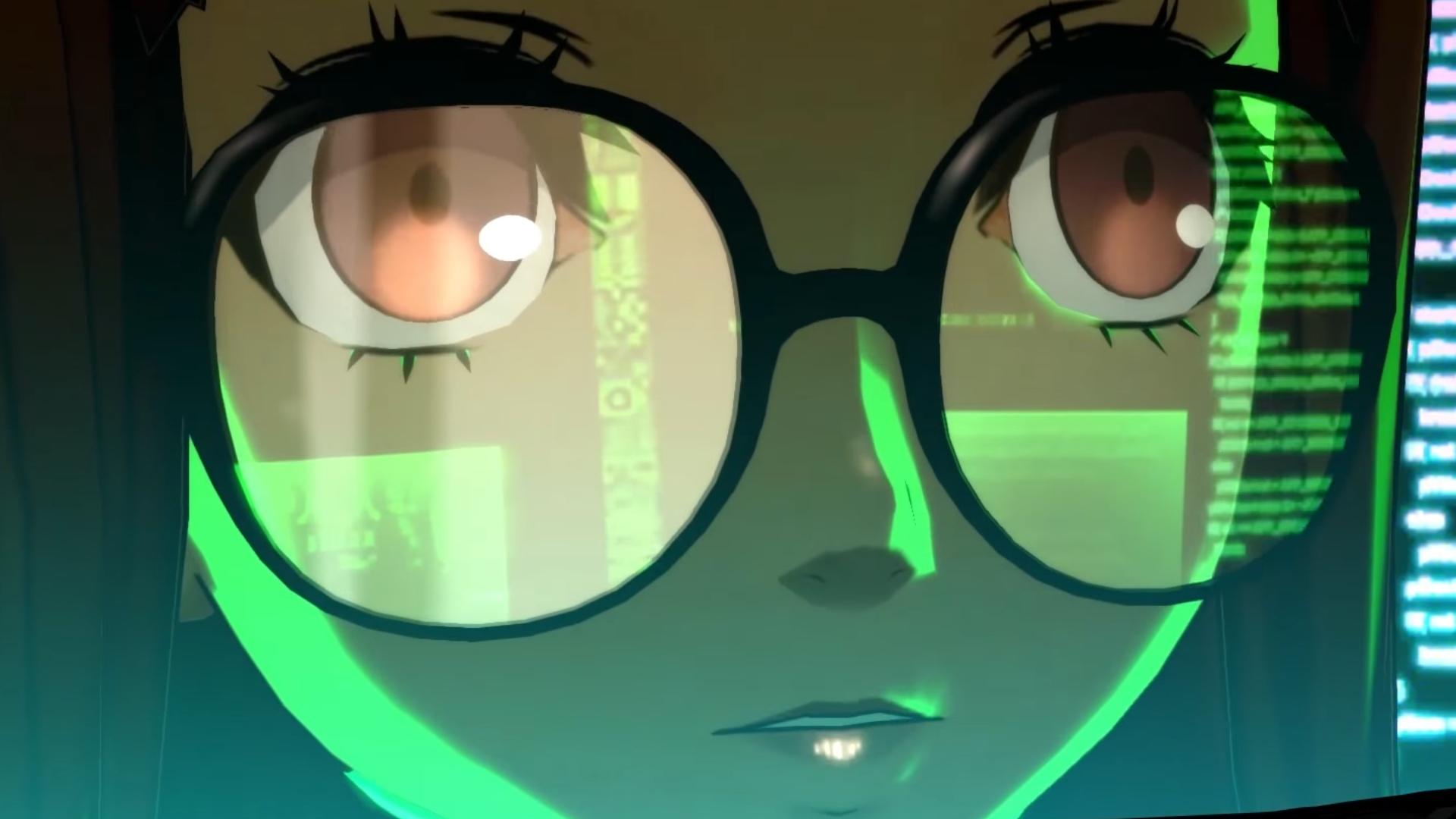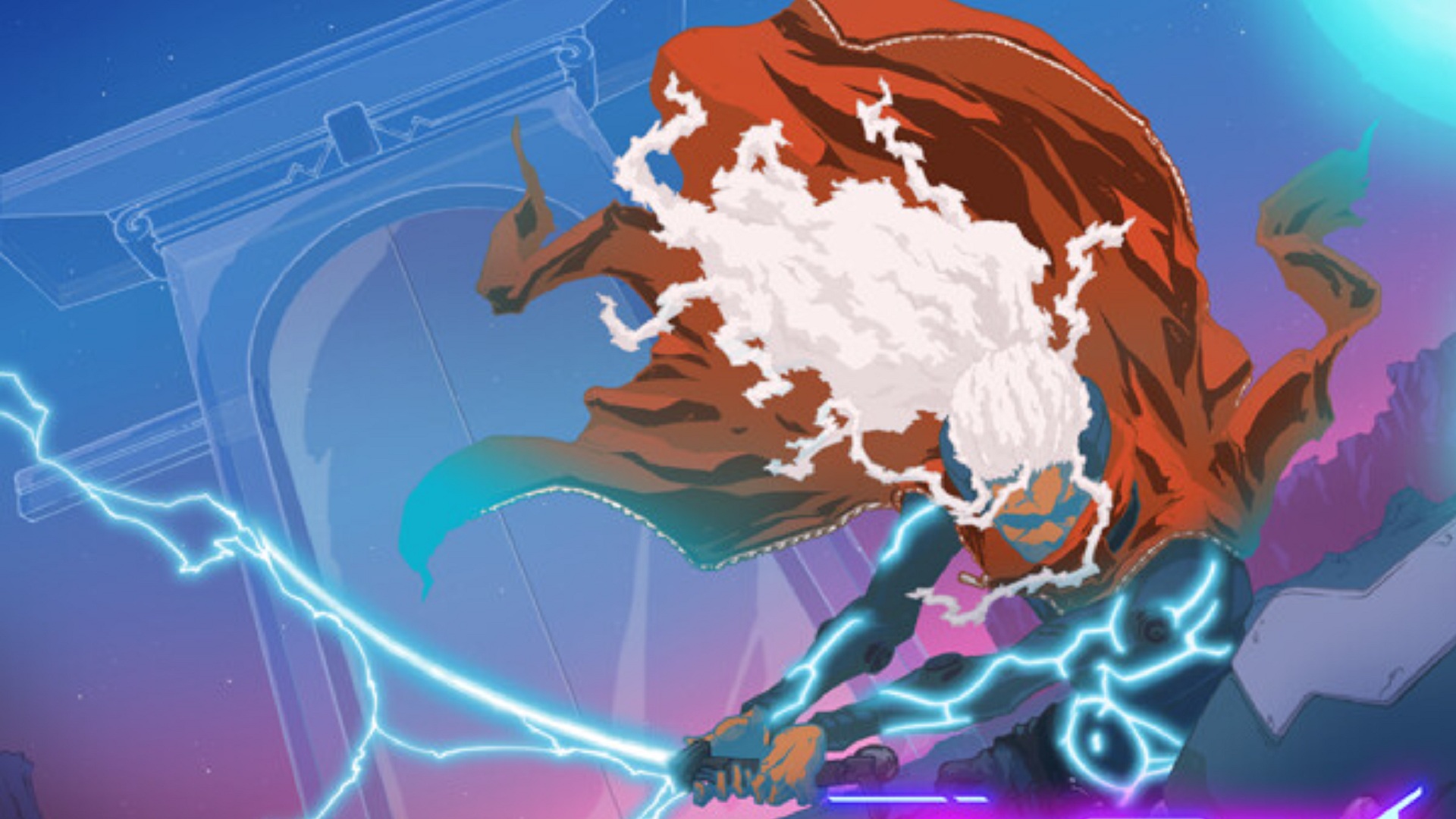
Reviewed on: PC Platform: PlayStation 5, Xbox Series X/S, PC Publisher: Larian Studios Developer: Larian Studios Release: August 3, 2023 (PC), September 6, 2023 (PlayStation 5), TBA (Xbox Series X/S) Rating: Mature Baldur’s Gate 3 is a surprisingly human tale. That may sound strange to say about a game with space lizards and brain worms at its center, but behind the hags and psychic tadpoles, Baldur’s Gate 3 is about a group of very broken people trying to find their way in life and maybe save the world. Or turn it into a smoldering heap of agony and misery. It depends on how you feel that day. Whether you choose peace or something less savory, Baldur’s Gate 3’s intricate writing and impressive emphasis on experimentation make it one of the most unforgettable games in the genre. Baldur’s Gate 3 transfers the complexity of Dungeons & Dragons to top-down RPG form, without losing any of the depth. It streamlines dice throws and ability checks so only the important decisions require your attention, leaving you free to focus on exploring the world and choosing your next move in turn-based battles. While you don’t have a dungeon master to keep things unpredictable, you do have a staggering number of choices whose consequences reverberate through the game and an impressive level of depth and freedom on the battlefield. Your story begins with a mix of deceptive simplicity and a brilliant framework for adventure. After having Mind Flayer tadpoles implanted in your brain, you and your companions – assuming you find said companions and don’t kill them – seek a cure before tentacles and other Ilithid accouterments start replacing your flesh and bones. The quest for a cure dips into the tired fantasy trope of an Evil Entity who wants to destroy the world, but it defies expectations when you think you have a grasp on the situation. Even when some plot beats are predictable, it never feels stale thanks to how cleverly it intertwines with the much more beautiful and devastating stories of your companions and others you meet. The character writing is consistently superb and makes for one of the most immersive settings in the genre. After a few hours, you find yourself in a tangled mess of other people’s problems and prejudices, wondering what fresh hell waits around the next corner. Baldur’s Gate 3 excels at the unexpected, at putting you in surprising situations and making you think – or bash or psychic blast – your way out of them. You walk down the road, and you may run into demons masking as holy soldiers or get tangled up in the pain-loving sisterhood of a cult if the exploding hyenas don’t get you first. It’s the kind of unromanticized nightmare experience you’d expect if someone dropped you in a fantasy land full of strife and said, “good luck, have fun.” Despite the fantasy trappings, it feels more grounded and realistic even at its most deranged – and it gets pretty deranged. Baldur’s Gate 3 has a strong sense of the ludicrous and is eager to not take itself seriously at times. For example, at the end of an early quest that involves a hag and a distraught widow, you can let the widow lead her zombie husband away to find a cure for him one day or turn him into your lifelong servant. It’s a laughably grotesque situation, and that blend of dark humor with the capacity for doing good, evil, or something in between is why most of Baldur’s Gate 3’s quests stick with you for a long time. That and the fact that you meet the results of your actions at some point, usually in Baldur’s Gate 3’s eponymous city. A thread of continuity in the game’s events gives greater meaning to your actions and adds a layer of richness to the world and everyone in it. Well, almost everyone. Devils may get the chance to prove they aren’t so bad, but goblins, Drow, and a few other villain types remain two-dimensional in their lust for evil. Every fantasy has its irredeemable bad guy or group. However, the lack of deeper reflection stands out in a game where complexity defines every person and problem, and it perpetuates some of the more controversial facets of Dungeons and Dragons’ racial determinism. Whether they’re maligned or malignant, dealing with your foes in Baldur’s Gate 3 is never dull. Battle is a mix of ingenious design and frustrating density. It takes the core of the tabletop experience and automates most of it, so your attack and saving throws happen unseen for a seamless experience – if you’re an encyclopedia of D&D knowledge. The first act throws out dozens of systems without an explainer, so if you’re unfamiliar with the iconic tabletop game, it might be an uphill struggle. On the bright side, Baldur’s Gate 3 gives you an overwhelming number of skills and approaches to handle every situation. Maybe you want to soften a mighty foe with a little acid spray, build a high-ground advantage with a bench and some garbage, or shove a boss in a hole during their big speech. There’s so much freedom that you can improvise a solution in any situation and feel clever for it, even if it takes a while and reloading save files to get there. Baldur’s Gate 3 is unforgettable and one of the best experiences I’ve had in games. I may have just finished my lengthy first playthrough, but I’m already eager to delve further and push the boundaries of what’s possible in this exceptional world that Larian created. Score: 9.5 About Game Informer's review system Purchase
Reviewed on:
PC
Platform:
PlayStation 5, Xbox Series X/S, PC
Publisher:
Larian Studios
Developer:
Larian Studios
Release:
August 3, 2023
(PC), September 6, 2023
(PlayStation 5), TBA (Xbox Series X/S)
Rating:
Mature
Baldur’s Gate 3 is a surprisingly human tale. That may sound strange to say about a game with space lizards and brain worms at its center, but behind the hags and psychic tadpoles, Baldur’s Gate 3 is about a group of very broken people trying to find their way in life and maybe save the world. Or turn it into a smoldering heap of agony and misery. It depends on how you feel that day. Whether you choose peace or something less savory, Baldur’s Gate 3’s intricate writing and impressive emphasis on experimentation make it one of the most unforgettable games in the genre.
Baldur’s Gate 3 transfers the complexity of Dungeons & Dragons to top-down RPG form, without losing any of the depth. It streamlines dice throws and ability checks so only the important decisions require your attention, leaving you free to focus on exploring the world and choosing your next move in turn-based battles. While you don’t have a dungeon master to keep things unpredictable, you do have a staggering number of choices whose consequences reverberate through the game and an impressive level of depth and freedom on the battlefield.
Your story begins with a mix of deceptive simplicity and a brilliant framework for adventure. After having Mind Flayer tadpoles implanted in your brain, you and your companions – assuming you find said companions and don’t kill them – seek a cure before tentacles and other Ilithid accouterments start replacing your flesh and bones.
The quest for a cure dips into the tired fantasy trope of an Evil Entity who wants to destroy the world, but it defies expectations when you think you have a grasp on the situation. Even when some plot beats are predictable, it never feels stale thanks to how cleverly it intertwines with the much more beautiful and devastating stories of your companions and others you meet. The character writing is consistently superb and makes for one of the most immersive settings in the genre.
After a few hours, you find yourself in a tangled mess of other people’s problems and prejudices, wondering what fresh hell waits around the next corner. Baldur’s Gate 3 excels at the unexpected, at putting you in surprising situations and making you think – or bash or psychic blast – your way out of them.
You walk down the road, and you may run into demons masking as holy soldiers or get tangled up in the pain-loving sisterhood of a cult if the exploding hyenas don’t get you first. It’s the kind of unromanticized nightmare experience you’d expect if someone dropped you in a fantasy land full of strife and said, “good luck, have fun.” Despite the fantasy trappings, it feels more grounded and realistic even at its most deranged – and it gets pretty deranged.
Baldur’s Gate 3 has a strong sense of the ludicrous and is eager to not take itself seriously at times. For example, at the end of an early quest that involves a hag and a distraught widow, you can let the widow lead her zombie husband away to find a cure for him one day or turn him into your lifelong servant. It’s a laughably grotesque situation, and that blend of dark humor with the capacity for doing good, evil, or something in between is why most of Baldur’s Gate 3’s quests stick with you for a long time.
That and the fact that you meet the results of your actions at some point, usually in Baldur’s Gate 3’s eponymous city. A thread of continuity in the game’s events gives greater meaning to your actions and adds a layer of richness to the world and everyone in it.
Well, almost everyone. Devils may get the chance to prove they aren’t so bad, but goblins, Drow, and a few other villain types remain two-dimensional in their lust for evil. Every fantasy has its irredeemable bad guy or group. However, the lack of deeper reflection stands out in a game where complexity defines every person and problem, and it perpetuates some of the more controversial facets of Dungeons and Dragons’ racial determinism.
Whether they’re maligned or malignant, dealing with your foes in Baldur’s Gate 3 is never dull. Battle is a mix of ingenious design and frustrating density. It takes the core of the tabletop experience and automates most of it, so your attack and saving throws happen unseen for a seamless experience – if you’re an encyclopedia of D&D knowledge. The first act throws out dozens of systems without an explainer, so if you’re unfamiliar with the iconic tabletop game, it might be an uphill struggle.
On the bright side, Baldur’s Gate 3 gives you an overwhelming number of skills and approaches to handle every situation. Maybe you want to soften a mighty foe with a little acid spray, build a high-ground advantage with a bench and some garbage, or shove a boss in a hole during their big speech. There’s so much freedom that you can improvise a solution in any situation and feel clever for it, even if it takes a while and reloading save files to get there.
Baldur’s Gate 3 is unforgettable and one of the best experiences I’ve had in games. I may have just finished my lengthy first playthrough, but I’m already eager to delve further and push the boundaries of what’s possible in this exceptional world that Larian created.
Score:
9.5
About Game Informer’s review system





